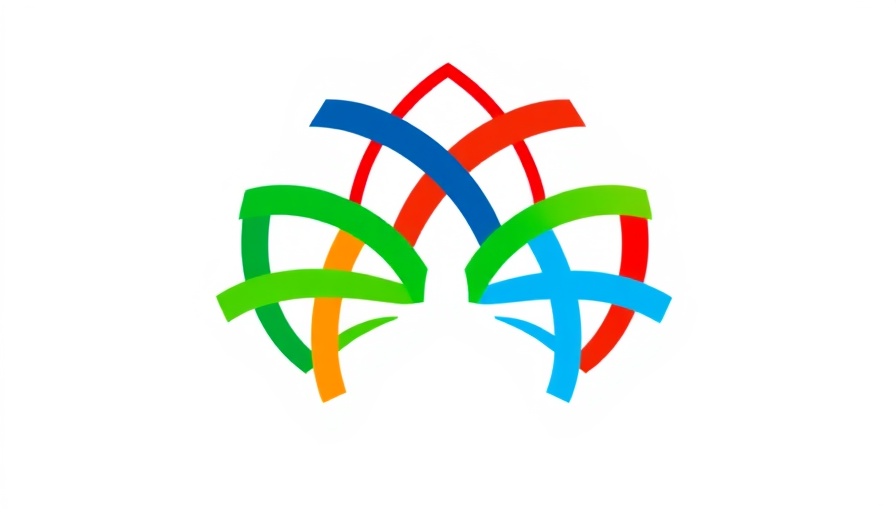
Amidst Claims of Resignation, AI Distortion Raises Alarm in Kenya
In a troubling twist in the realm of African politics, a series of videos portraying Kenyan President William Ruto as resigning from his position have emerged, catching the attention of netizens across various platforms. These AI-generated videos, laden with fabricated claims of Ruto conceding to public pressure, have sparked discussions that echo far beyond social media. While on the surface, they appear to signal a change in leadership, deeper analysis unveils a disturbing trend regarding misinformation and its implications in governance.
Understanding the AI Implication in Political Narratives
The unsettling visuals being shared online do more than just mislead viewers; they represent a concerning manipulation of technology aimed at shaping public opinion. Evidently marked by an "AI" watermark, these videos exhibit distortions typical of artificially generated content. Ruto's expressions are exaggerated, and his gestures betray the uncanny inauthenticity of synthetic fabrication—a reminder that technology can easily be weaponized against democratic processes. In a region where political stability is frequently contested, the misuse of AI-generated narratives raises questions about the integrity of public discourse.
Implications for Governance and Democratic Processes
The potency of this misinformation could potentially disrupt Kenya’s political landscape. As younger generations—often referred to as Gen Z—mobilize around questions of governance, the resonance of fabricated claims challenges authenticity in political communication. Ruto's administration has faced backlash, primarily from this demographic, marking a pivotal moment for political engagement among youth. The chants of "Ruto must go," displayed in protests, reflect genuine grievances against mismanagement, but they risk being obscured by the prevalence of falsehoods.
The Global Context of AI and Information Warfare
This incident does not exist in a vacuum; it mirrors broader global concerns about AI in political discourse, where misinformation proliferates with stunning speed. The ramifications echo far beyond Kenya, affecting global perceptions of political stability and governance across Africa. Given the intersection between AI technology and political narratives, countries worldwide must critically evaluate the tools and strategies used in information sourcing and dissemination.
What this Means for Africa's Global Standing
As international observers watch the unfolding events in Kenya, the usage of AI to mislead is particularly significant. The potential damage to the legitimacy of elected officials cannot be overstated—fostering skepticism not only about governmental authority but about the very foundations of democracy in the region. This moment serves as a reminder of the necessity for robust informational integrity measures, critical in an age where the impact of global trade and politics intertwines with emerging technology.
In light of these developments, stakeholders—from policymakers to investors—are urged to engage in discussions and actions aimed at reinforcing the frameworks that uphold responsible governance and equity in political dialogue. By scrutinizing tools and tactics used within the digital sphere, we can protect the authenticity of our democratic processes.
 Add Row
Add Row  Add
Add 


Write A Comment